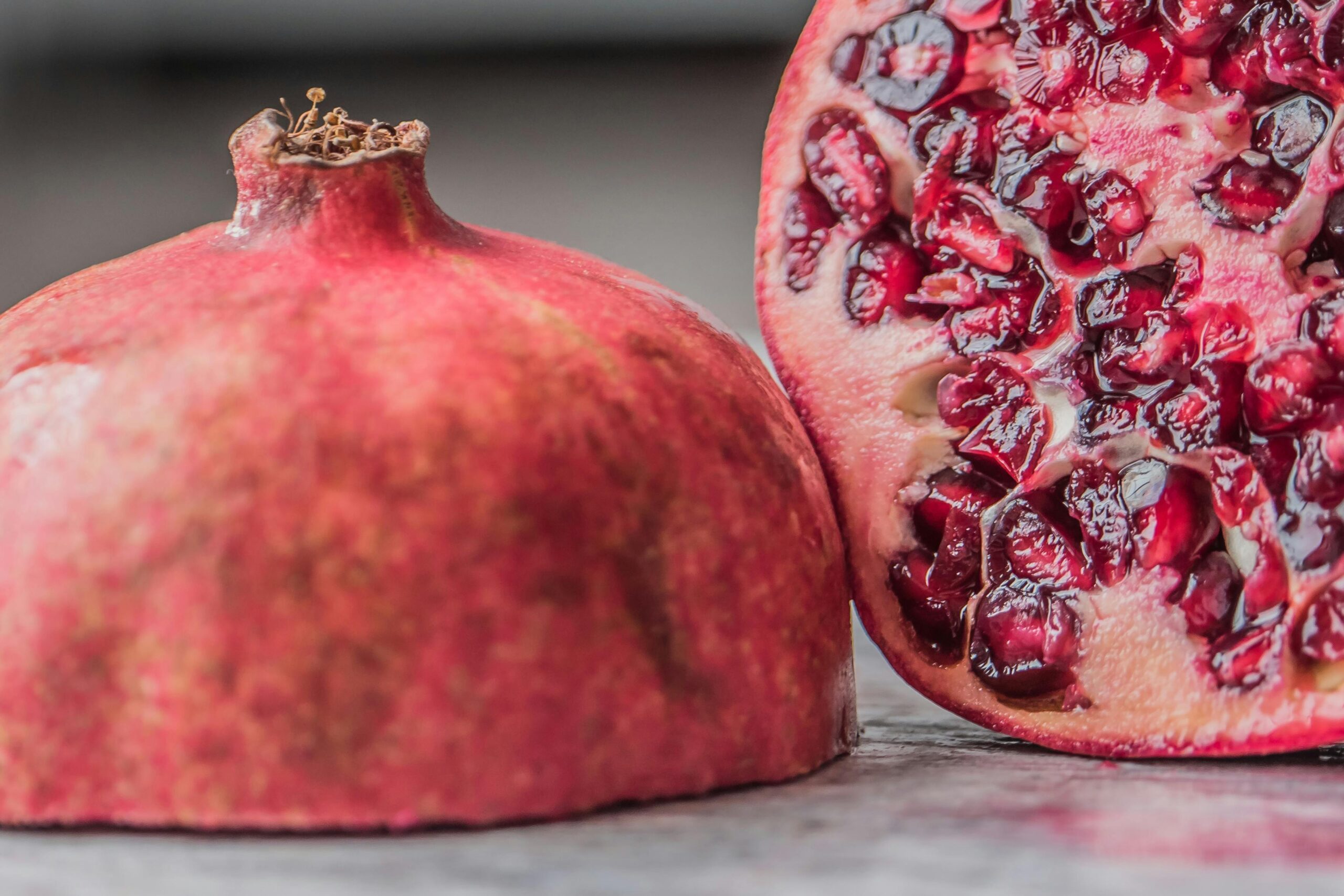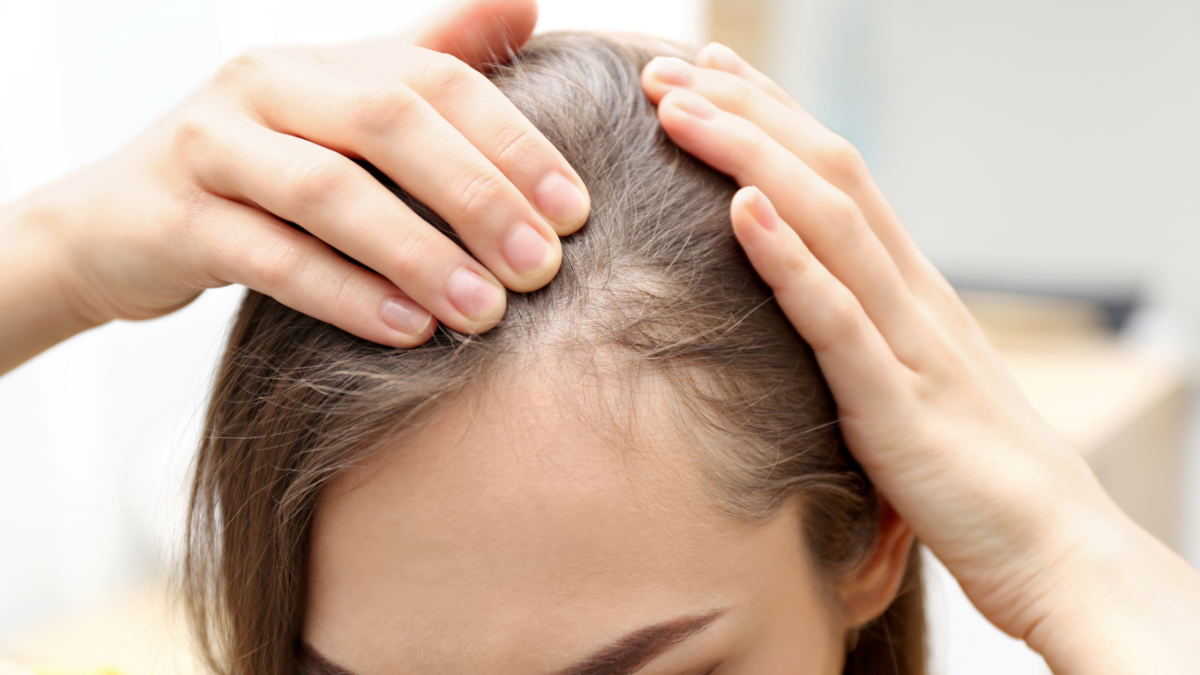


Medically Reviewed By Margaret Etudo. Written By The Vitamins For Woman Team.
It can feel deeply discouraging to see more strands in your brush and notice your part widening. Many women in midlife face thinning hair despite doing everything right.

Hair loss during menopause can be unsettling. You might be on hormone replacement therapy, eating well, and still watching your hairline shift. Many women share this same frustration.
The hormonal shifts of menopause can lead to gradual thinning, especially around the part, and an increase in daily shedding. If you’ve wondered whether supplements for thinning hair can make a difference, you are not alone.
While topical options like minoxidil can work, not everyone feels ready to commit to lifelong use. This is where understanding nutritional factors becomes so important.
Hair follicles are highly sensitive to the body’s nutritional status. Even small deficiencies can affect hair thickness and shedding. Research shows that vitamins like B12, folate, vitamin D, and minerals such as iron play a key role in healthy hair growth (Knapik et al., 2016).
Vitamin D supports the hair cycle by influencing follicle activity. Deficiency has been linked to hair loss in several studies (García-Bernal et al., 2016). Likewise, vitamin B12 and folate work together in red blood cell formation, ensuring your hair follicles receive adequate oxygen and nutrients (Caprarelli et al., 2013).
Iron status is also critical. Even if your doctor says your iron is normal, hair health depends on ferritin, the storage form of iron. Optimal ferritin for hair growth is often higher than what is considered sufficient for general health.
Many women find that correcting even mild deficiencies can reduce shedding. A high-quality vitamin D3 supplement can be helpful, especially for women who get little sun exposure. Pairing it with magnesium and vitamin K2 can further support absorption and overall health.
Adding a B-complex supplement with B12 and folate can also support hair and energy. Look for methylated forms (methylcobalamin and methylfolate) as they are better absorbed by many women.
If you suspect low iron or ferritin, talk to your healthcare provider before supplementing. Iron is best taken under supervision since excess can be harmful. Some women who address low ferritin see a noticeable improvement in hair volume over several months.
If you decide to explore supplements, look for trusted brands that undergo third-party testing. Vitamins For Woman partners with retailers who offer high-quality vitamins such as Nutrafol and B-complex options that meet these standards.

Beyond supplements, gentle hair care is essential. Avoid tight hairstyles, minimize heat styling, and choose nourishing shampoos and conditioners. Managing stress also matters, since chronic stress can disrupt the hair cycle.
Good nutrition goes hand in hand with supplements. Protein-rich foods, omega-3 fatty acids, and a rainbow of vegetables provide the building blocks your hair needs. Hydration and regular physical activity support circulation, ensuring nutrients reach your scalp.
If you’re noticing thinning hair during menopause, you are far from alone. Hormonal changes combined with nutrient shifts can make shedding more noticeable. Supporting your body with the right nutrients, especially vitamin D, B12, folate, and ensuring healthy iron stores, can make a meaningful difference over time.
When considering supplements for thinning hair, choose options that are evidence-based and high quality. We encourage you to discuss lab testing with your healthcare provider to identify possible deficiencies.
Your hair health journey can be empowering when you have the right tools and knowledge. Small, consistent changes today can help restore your confidence tomorrow.
Caprarelli, S. et al. (2013). Nutritional factors in hair loss during menopause. Climacteric, 16(6), 535-541.
García-Bernal, D. et al. (2016). The role of vitamins and minerals in hair loss. Przeglad Menopauzalny, 15(2), 85-90.
Knapik, A. et al. (2016). Nutrition and hair health in women. Przeglad Menopauzalny, 15(2), 85-90.

medically reviewed by margaret etudo, BPharm. written by the vitamins for woman team.